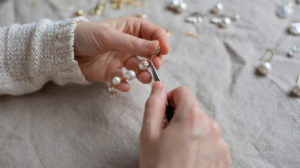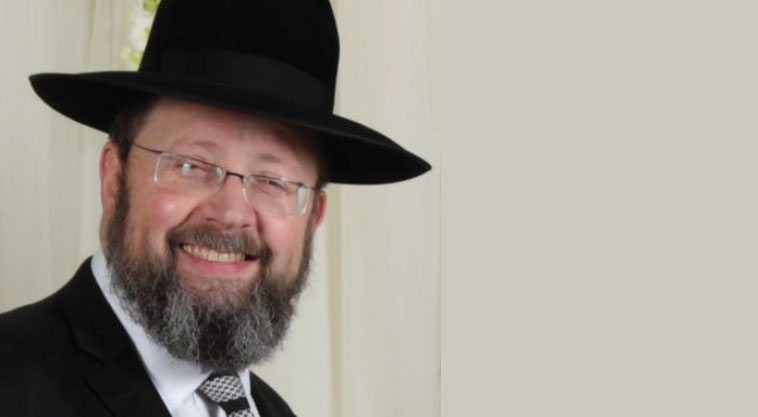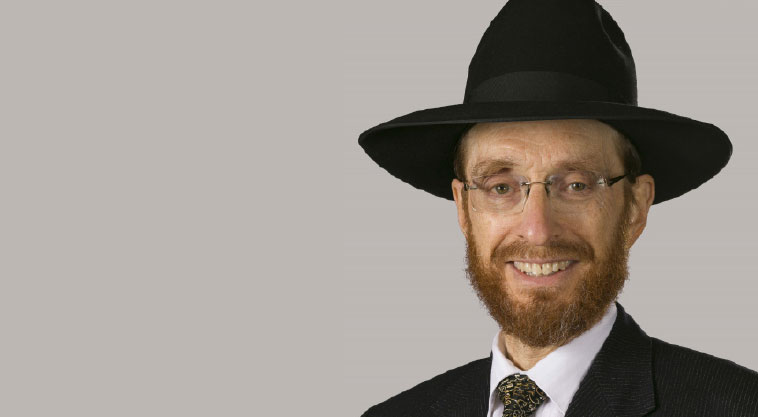Shared Space: Chapter 35


Moish Melberg already had his spot, a round white metal table in the far corner of the sunny atrium. The Salad Bar at The Spa was the name of the restaurant, though it wasn’t really a salad bar and it wasn’t really in a spa.
The building, a freestanding structure just off Route 70 near Toms River, had originally been planned as an animal obedience school, but after the original investors disappeared, it was thought to be a good fit for a seniors’ center. After a year of it sitting empty, the bank reluctantly agreed that it was the perfect location for a fitness center that would serve Lakewood’s Orthodox population.
Gabi, the manager, had done great work with it.
There was a fitness room and a lap pool, a covered running track, basketball court, and oversized lounge. There were separate hours for men and women. Late afternoon, once work slowed down and the women were home with their children, was very much men’s time. There were even minyanim for Minchah. Gabi had quickly caught on to the fact that he was drawing members who had little interest in his inversion table and battle ropes. The lounge, with the very low-backed, not-fitness-friendly couches, were often fuller than the exercise room.
So he expanded the lounge, added some exercise-ball chairs for effect, and invested in a few chess, checker, and backgammon sets. He also installed an Xbox and gaming console, which he said was for effect and to give the place a fun vibe. Yes, the men nodded, as they took their place on line to play BingoBeat.
The Salad Bar was the natural next step: If business was being conducted at The Spa, Gabi was going to make sure it could be done in style, over lunch. The healthfully named café started with a basic menu of salads, smoothies, and whole-wheat wraps, but soon the regulars were asking for something substantial and the broccoli quiche had evolved into potato kugel, and then pareve cholent, on Thursdays only — which became Wednesdays too. The eatery wasn’t hurt by this betrayal of its original plan, and Gabi expanded again, adding a new section with six more tables. The bank was comfortable approving the construction loan.
Moish Melberg fit right in.
Noach from Central Jersey Finance, Moish’s boss, had suggested finding a base of operations, a place that wasn’t an office, but the opposite. “You need to be accessible, out there between the people, available when they need cash. They need to know you and like you and then things will go easy.”
He told Moish that some people liked to work out of a shul. He’d had one salesmen who’d moved to Glennhaven, paying way more rent than he could afford, just to get in with the guys there. “Six months later, he was able to afford the rent,” Noach had said with a wink.
Moish Melberg didn’t like the idea of using a shul as if it were a trade show; instead he came up with the idea of using The Spa. He became a member and dutifully ran laps, shot hoops, and pumped iron for two hours a day before he realized he didn’t have to do any of those things. Now he spent most his time at the Salad Bar, his tablet plugged in and charging in the outlet near the corner of the room.
Gabi had quickly understood that Moish Melberg was good for him and what he was building, and Melberg’s membership now included an unlimited supply of the coconut shakes he liked.
Melberg made sure to talk about other things as well. He was pleasant and friendly, not too much of a know-it-all as to be irritating, but assertive enough that most of the members knew who he was. He weighed in on vaccinations (Usually, I’m live and let live, but at the same time, maybe not vaccinating isn’t letting others live, so who knows?) the Yankees (L’maiseh they need starting pitchers, so they should accept that and overpay for mediocre starters, if they do that, they’re a year away from winning it all) and basic hashkafah (Bottom line, if someone feels they daven better after listening to music, then they need to do that, right? So what’s wrong with a little guitar before Selichos?).
(Excerpted from Mishpacha, Issue 740)
Oops! We could not locate your form.











